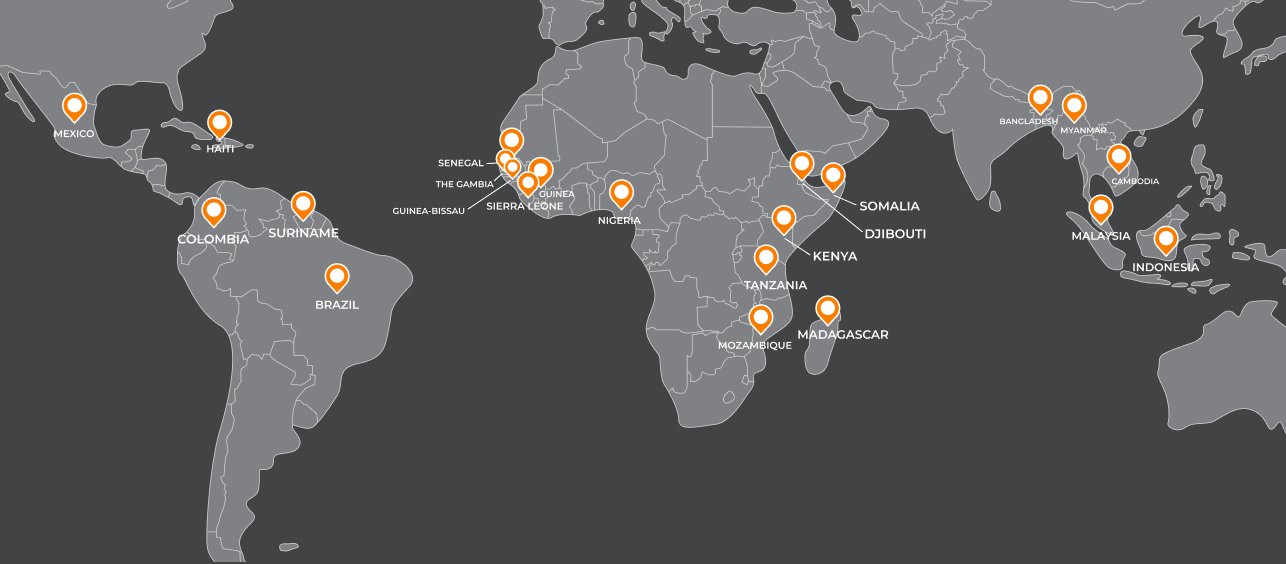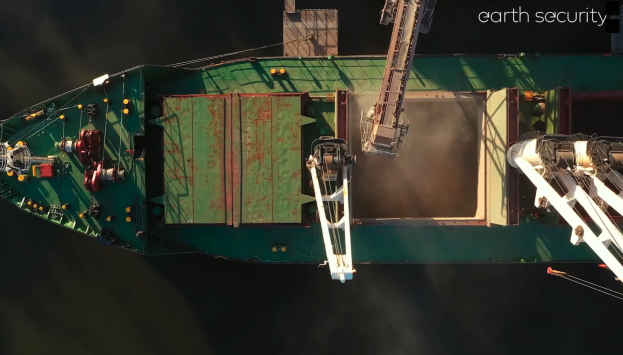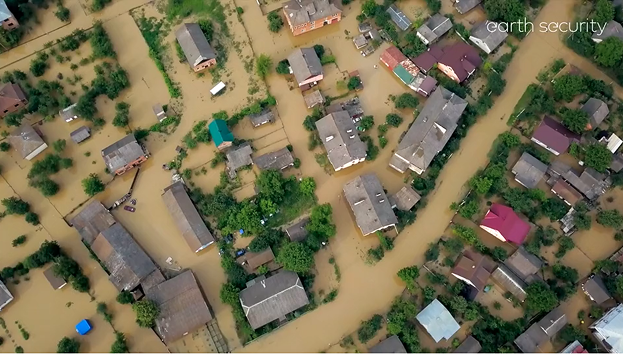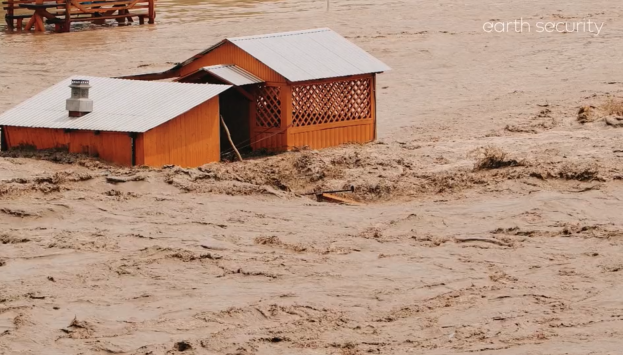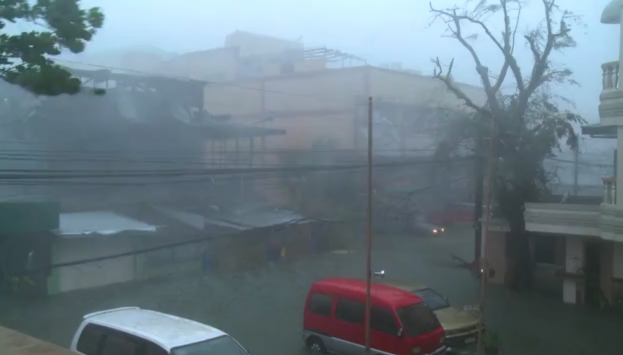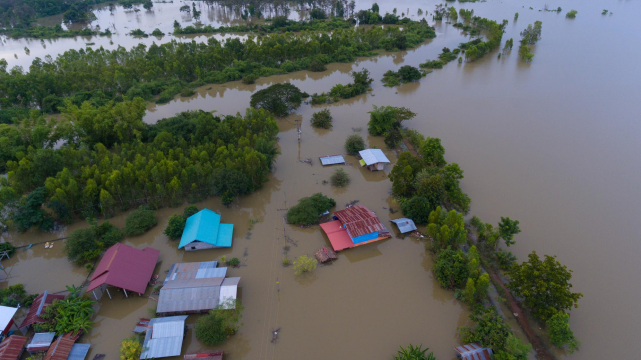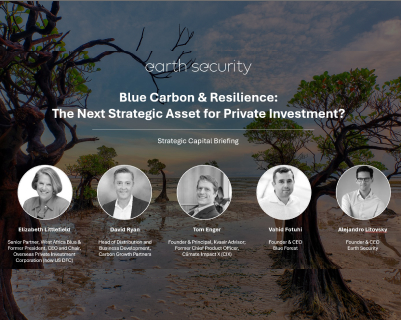This piece features Alejandro Litovsky and Wyn Ellis and was published in Environmental Finance. The article has been reproduced below with the permission of the author.
Christopher Marchant, 27 November 2019
New finance solutions, such as bonds attached to sustainable rice harvesting, are urgently needed to unlock private sector finance in support of global food security and climate resilience, according to consultancy Earth Security.
The group's report, Financing Sustainable Rice for a Secure Future, argues that rice is an 'under-appreciated global finance opportunity'. Over 3.5 billion people depend on rice as their main staple food, and global production is expected to fall 15% by 2050 due to climate change. Furthermore, rice production is estimated to cause 10% of global methane emissions.
According to Earth Security, a 'rice bond' would enable a global rice processor, trader, or retailer to provide farmers in their value chain with capital to transition to more sustainable production.
The report recommends integrating the UN-backed Sustainable Rice Platform (SRP) Performance Indicators into the Climate Bonds Initiative (CBI)'s taxonomy for green bonds in agriculture, as a common basis on which to structure a 'rice bond'. It also explores other types of 'rice bonds' that could incentivise sustainable procurement. They include the possibility of using a 'rice bond' to help the World Food Programme (WFP) drive the procurement of sustainable rice at scale.
Earth Security also recommends leveraging climate finance to attract private sector investment in climate-smart rice production, starting with countries that include rice in their Nationally Determined Contributions (NDCs). At present, 48 countries include a commitment to reduce greenhouse gas emissions from rice paddies in their NDCs, but they have not yet outlined how they plan to incentivise the private sector to achieve these targets.
Although China and India are the world's largest rice producers, the report focused on Southeast Asia and West Africa as regions with potential to increase sustainable production. Alejandro Litovsky, CEO of Earth Security Group, said: "A radical overhaul of existing rice production systems is needed in Asia as well as in Africa, which is now also increasingly dependent on rice imports to ensure food security.
"Our report is a call to action for global impact investors to put climate-smart rice farming practices at the centre of their impact investment strategies and for governments to use climate finance to attract private investment towards more resilient agriculture systems."
Wyn Ellis, executive director of the SRP, said: "Rice is critical to global food security; however, it has been largely overlooked as an investment opportunity. Through our partnership with Earth Security Group, we are developing innovative financial mechanisms that will catalyse wide-scale adoption among the world's 144 million rice smallholders and achieve sector transformation contributing to the SDGs and climate targets."
The report was published in collaboration with the SRP, trader Phoenix Group, the World Business Council for Sustainable Development, and the Swiss Agency for Development and Cooperation.
Explore the reports
The Earth Security Index Reports provided in-depth analysis of critical themes across selected industries and market geographies, enabling investors to anticipate and respond to emerging global dynamics. Download and explore the full Earth Security Index reports:






